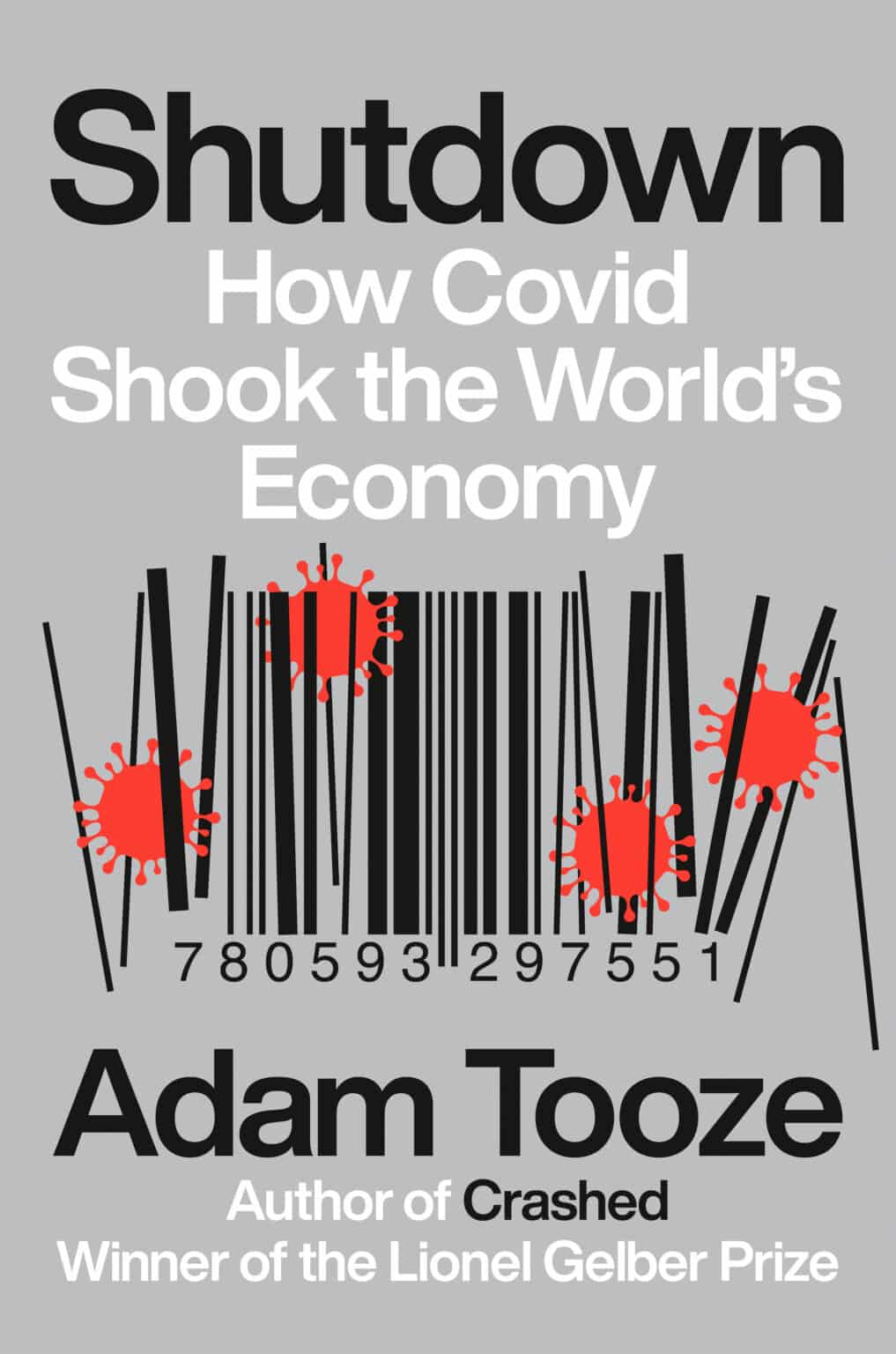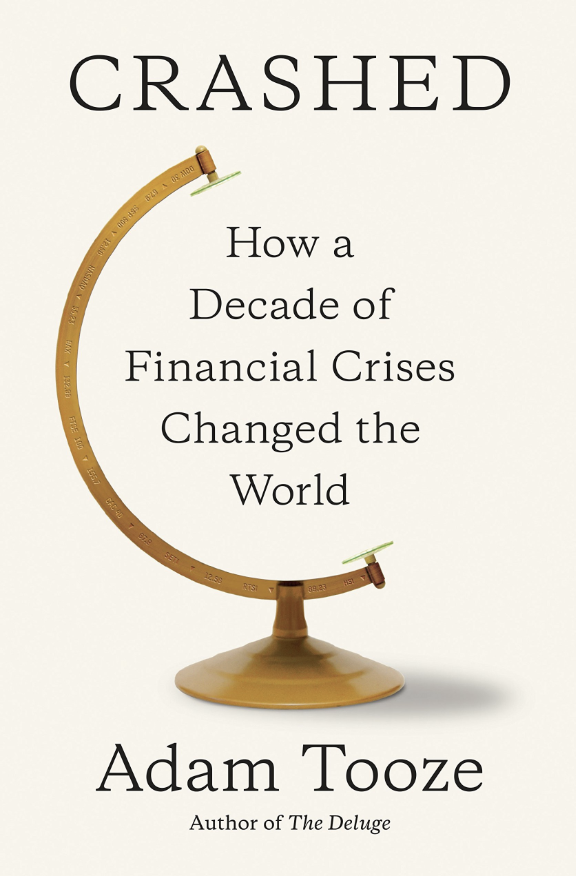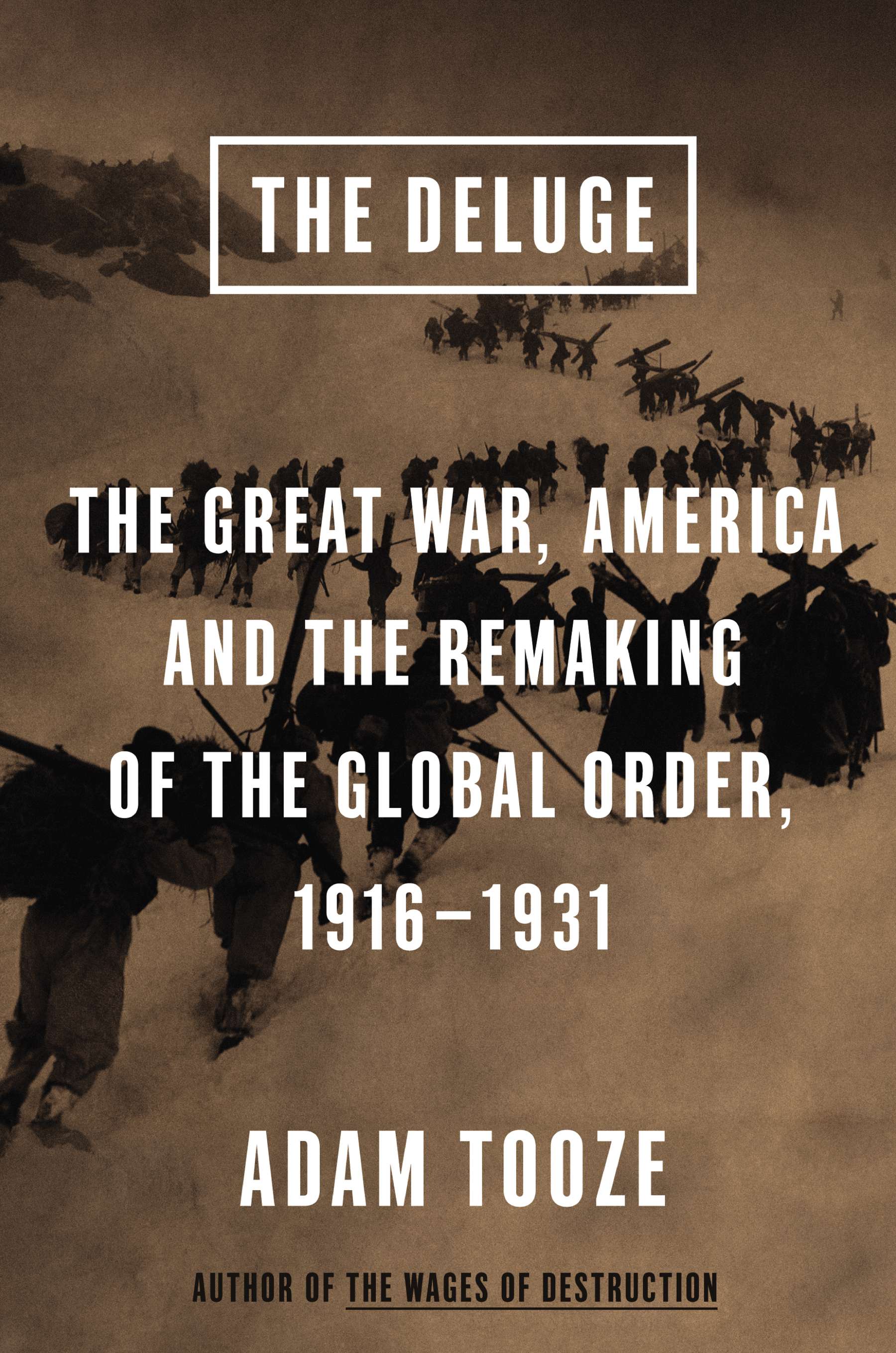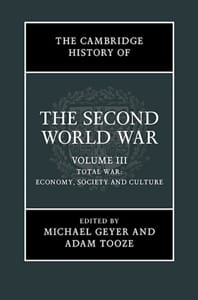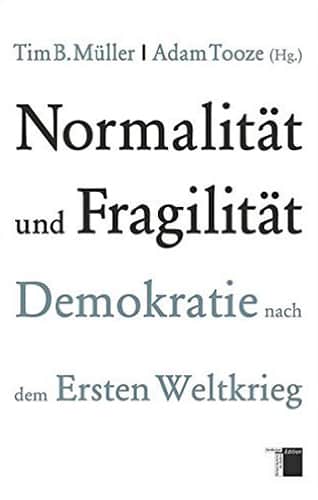
Statistics and the German state 1900-1945: The making of modern economic knowledge
How do we come to know the facts that frame our understanding of the modern economy? In 1900 virtually none of the data that we today take for granted were available. By 1945 the entire repertoire of modern economic statistics was established and increasingly generic across the world. The result was to change the way in which the economy was viewed as an object of government. Statistics and the German State is a pioneering investigation of this remarkable development in Germany, one of the leading countries of the statistical revolution. It traces not only how the key data series were constructed, but the way in which different types of statistics were associated with different visions of the state and economic government across the tumultuous decades from the Kaiserreich, to the Weimar Republic and the Nazi Third Reich.
This was the book of my PhD project. ‘Official Statistics and Economic Governance in Interwar Germany’ London, 1996 completed under the supervision of the late Professor A.S. Milward.
Cambridge University Press (2001) 314 pages

Statistics and the German state 1900-1945: The making of modern economic knowledge
How do we come to know the facts that frame our understanding of the modern economy? In 1900 virtually none of the data that we today take for granted were available. By 1945 the entire repertoire of modern economic statistics was established and increasingly generic across the world. The result was to change the way in which the economy was viewed as an object of government. Statistics and the German State is a pioneering investigation of this remarkable development in Germany, one of the leading countries of the statistical revolution. It traces not only how the key data series were constructed, but the way in which different types of statistics were associated with different visions of the state and economic government across the tumultuous decades from the Kaiserreich, to the Weimar Republic and the Nazi Third Reich.
This was the book of my PhD project. ‘Official Statistics and Economic Governance in Interwar Germany’ London, 1996 completed under the supervision of the late Professor A.S. Milward.
Cambridge University Press (2001) 314 pages
The book was inspired by French work in the history of statistics, such as Alain Desrosières’s The Politics of Large Numbers A History of Statistical Reasoning (Cambridge Harvard Univ Press 1998) and by the eclectic brand of French theory from Foucault to Latour and Callon assembled by P. Miller and N. Rose, “Governing economic life” Economy and Society 19, 1 (1990).
The narrative of Statistics and the German State is in many respects a counterpoint to Tim Mitchell’s thesis about the making of “the economy” in the postcolonial context first outlined in his “Fixing the economy” Cultural Studies 12,1, 1998 and in the brilliant Rule of Experts: Egypt, Techno-Politics, Modernity (Berkeley, CA: The University of California Press, 2002). For a discussion of Mitchell in light of Statistics and the German State see my recent working paper “Unfixing the economy” (2016) presented at the “Foucault, political life and history” at the LSE 17 June 2016 chaired by Colin Gordon and Patrick Joyce. Download here.
Those wishing to revisit the terrain of Statistics and the German State, may enjoy the long chapter that I contributed to the official history of the German Wirtschaftsministerium Volume I edited by C.L. Holtfrerich. This essay, based on substantial new archival research, updates and substantially reworks the narrative of my first book for the Weimar period. It links the development of German official economic statistics more closely than ever before to the politics of reparations and offers new material also on the drafting of the Wagemann reflation plan of 1932. The essay will appear in German but an English draft is downloadable here, along with a table in excel format here summarizing the results of a hitherto unknown estimate of industrial production produced in February 1921.
Statistics and the German State won the H-Soz-Kult prize for modern history in 2002 and a Leverhulme Prizes in Modern History also in 2002.
It was the subject of an article length discussion by M. Perlman and M. Marietta, The Politics of Social Accounting‘, Review of Political Economy, 17 (2005), 211-230.
